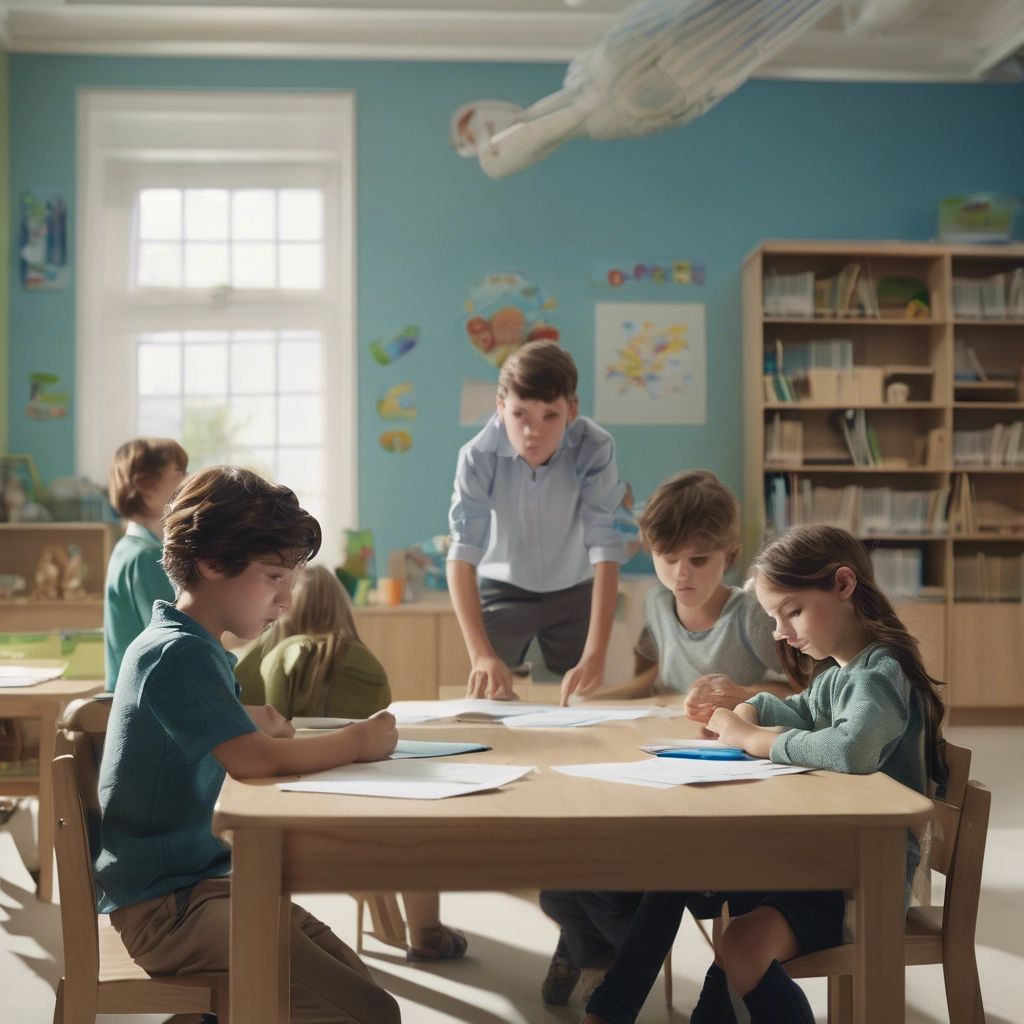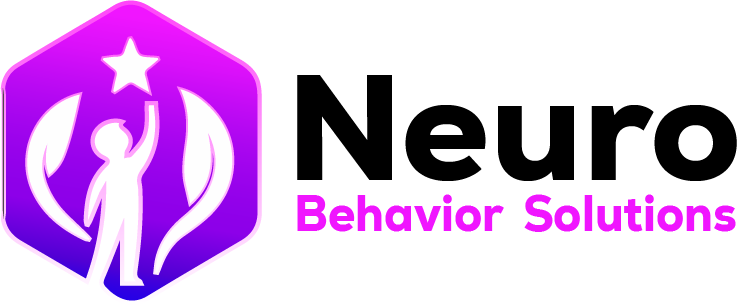Frequently Asked Questions

Pediatric neuropsychology is the study of how a child’s brain development influences thinking, emotions, and behavior.
Neuropsychologists assess and support children with learning, attention, emotional, medical, or developmental concerns by understanding how the brain functions and how it interacts with a child’s environment.
The goal is to identify both strengths and areas of difficulty in order to guide personalized support and promote long-term growth.
Neuropsychological evaluations are comprehensive and look beyond surface-level
performance. These assessments explore multiple domains of functioning, including attention, memory, executive functioning, learning, motor skills, social understanding, and emotional regulation. They provide insight into why a child may be struggling—not just what they are struggling with.
This deeper understanding helps guide meaningful intervention and collaboration across home, school, and medical settings.
Therapy with a neuropsychologist integrates brain-based understanding with emotional and behavioral support. Dr. Wallace begins with a thorough understanding of the child’s developmental history, family dynamics, and health profile. Therapy is individualized and may include modalities such as Cognitive Behavioral Therapy (CBT), Acceptance and Commitment Therapy (ACT), and Family Problem Solving. Sessions often include parent coaching, communication strategies, and collaboration with educators and allied health providers to ensure consistent support across environments.
Not at all. Children do not need a formal diagnosis to benefit from neuropsychological support. Many families seek help when they notice emotional, social, or learning challenges, even if the cause isn’t yet clear. Neuropsychology offers a developmental framework to better understand what a child needs to thrive—whether or not a diagnosis is ultimately given.
While some difficulties improve over time, other children can “grow in” to their challenges as developmental demands exceed their ability. Early intervention can make a significant difference in a child’s long-term success. The brain is especially adaptable during childhood, and timely support can help build key skills and prevent future frustration or secondary issues like anxiety or low self-esteem.
A diagnosis can provide clarity and help families access the right support—but it’s not a quick fix. Lasting progress depends on tailored interventions, coordinated care, and a strengths-based approach. A neuropsychological evaluation helps map out a practical and informed path forward.
Not quite. Therapy with a neuropsychologist brings a unique perspective by combining clinical psychology with brain development. This approach is especially helpful for children with medical complexities, developmental delays, or learning differences. It helps ensure that therapy is developmentally appropriate, evidence-based, and responsive to both cognitive and emotional needs.
Academic performance is only one aspect of a child’s well-being. Some children may excel in school yet face challenges with emotional regulation, attention, executive functioning, or social interaction. Neuropsychological support helps families understand the full picture and develop proactive strategies before challenges grow more disruptive.
A consultation is often the first step toward understanding your child’s needs. It involves a comprehensive developmental interview and a review of relevant records (medical, educational, or psychological). Families receive clear, personalized recommendations and a summary report to guide next steps—whether that means additional assessment, therapy, school accommodations, or medical follow-up.




